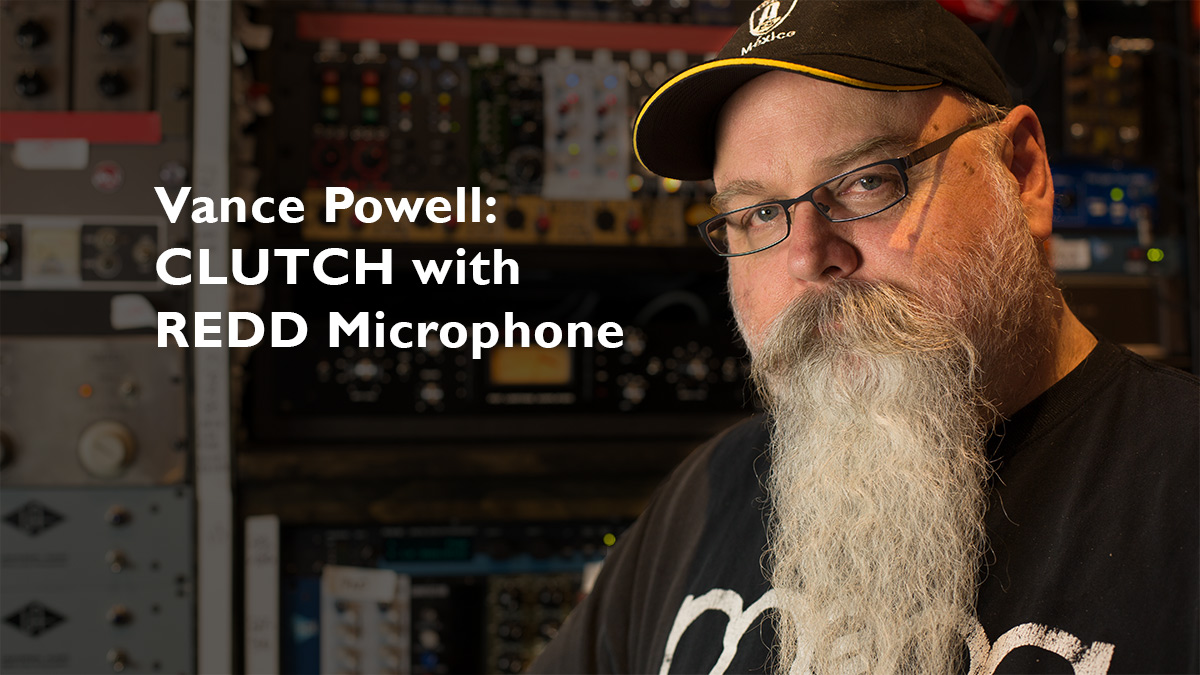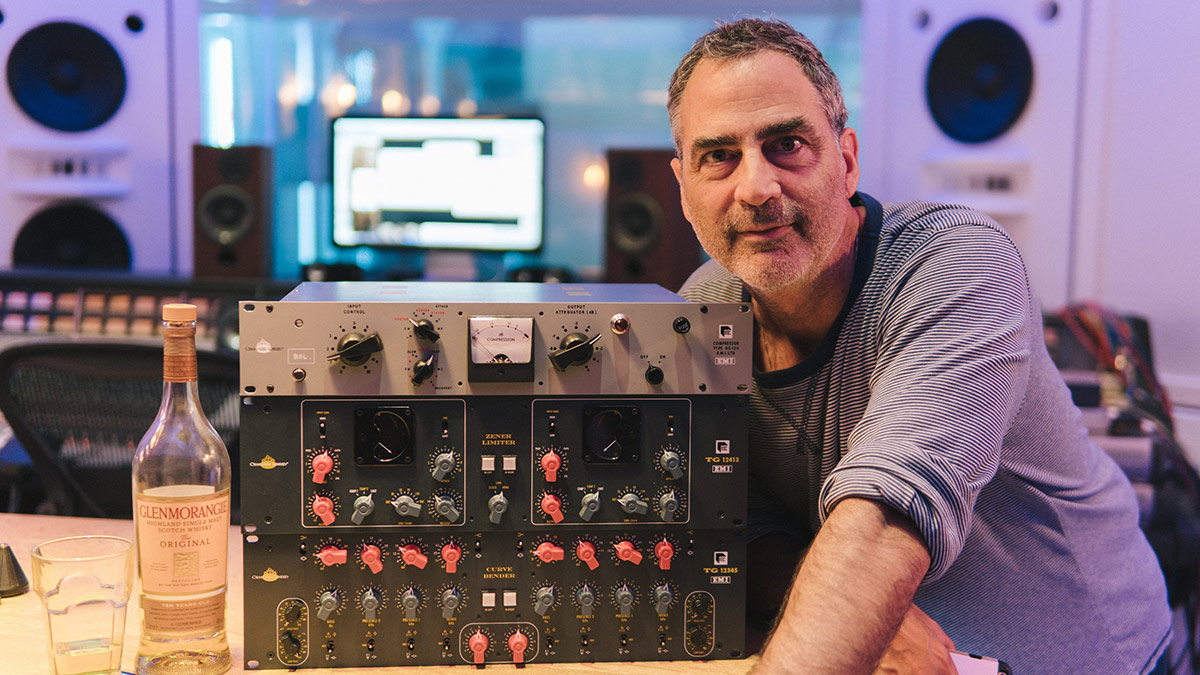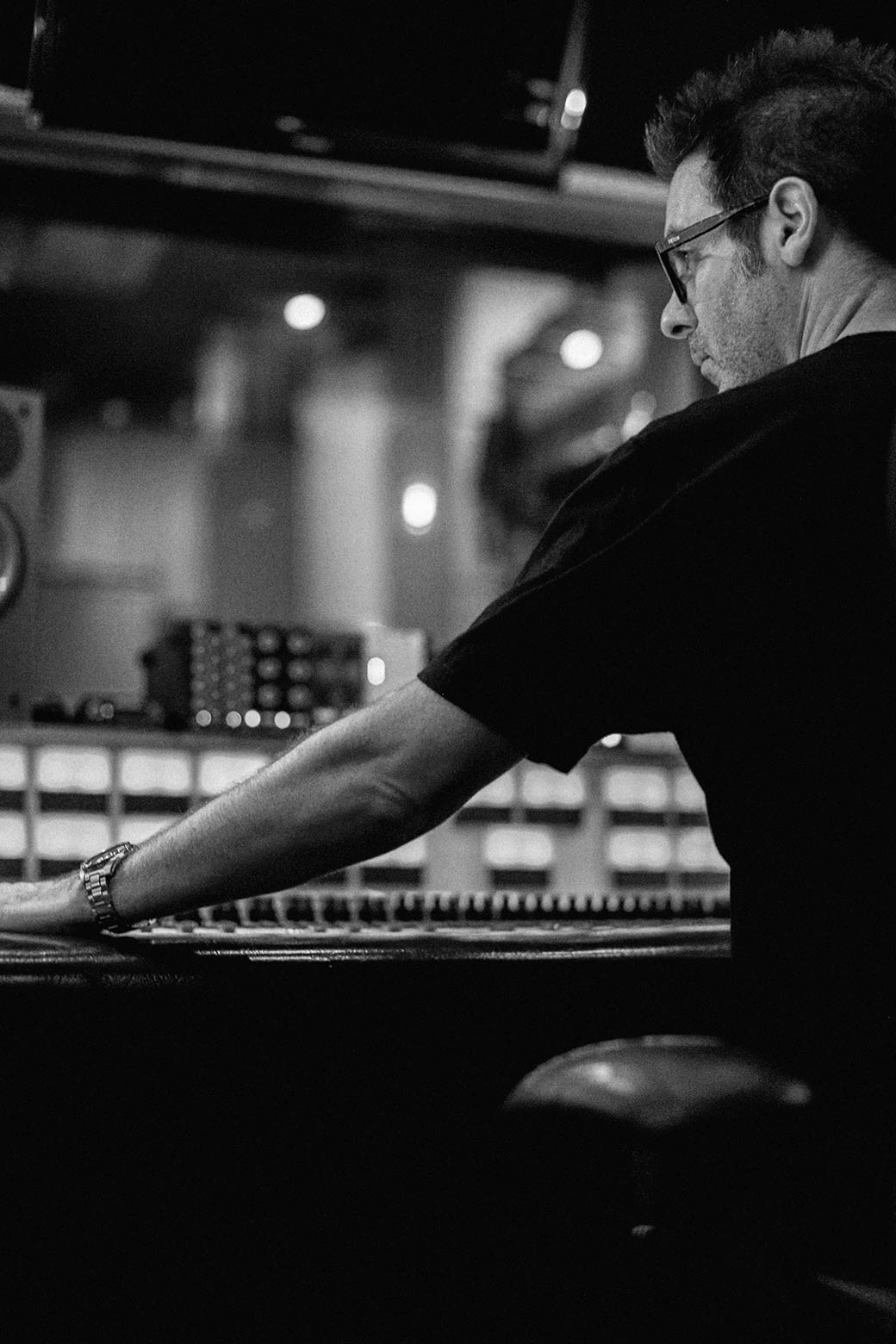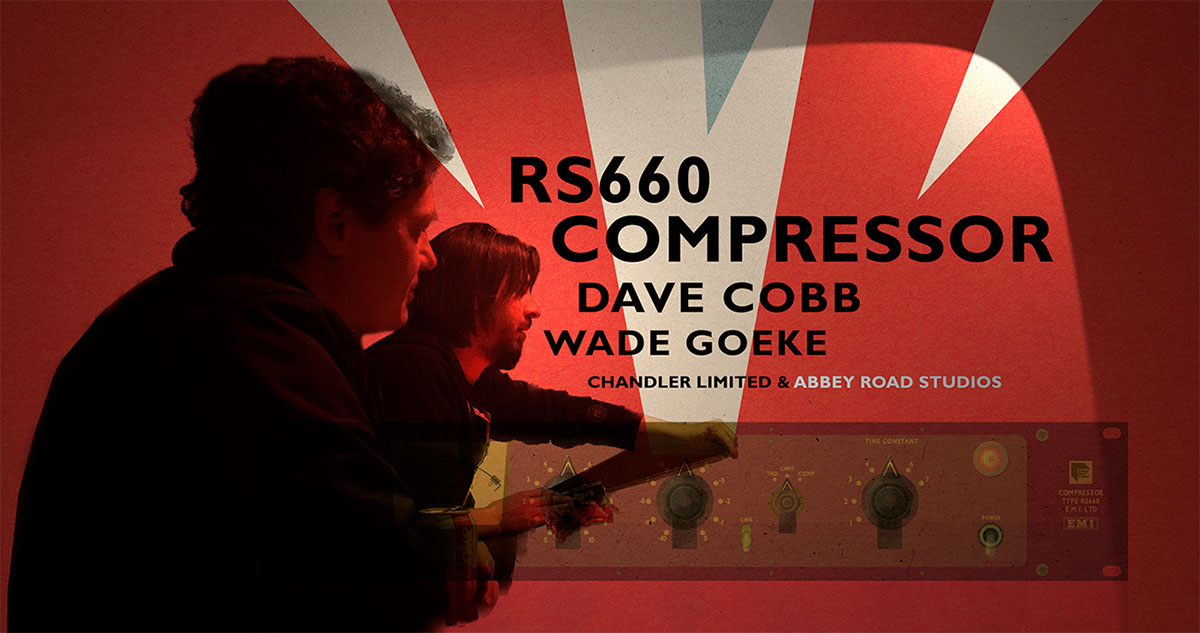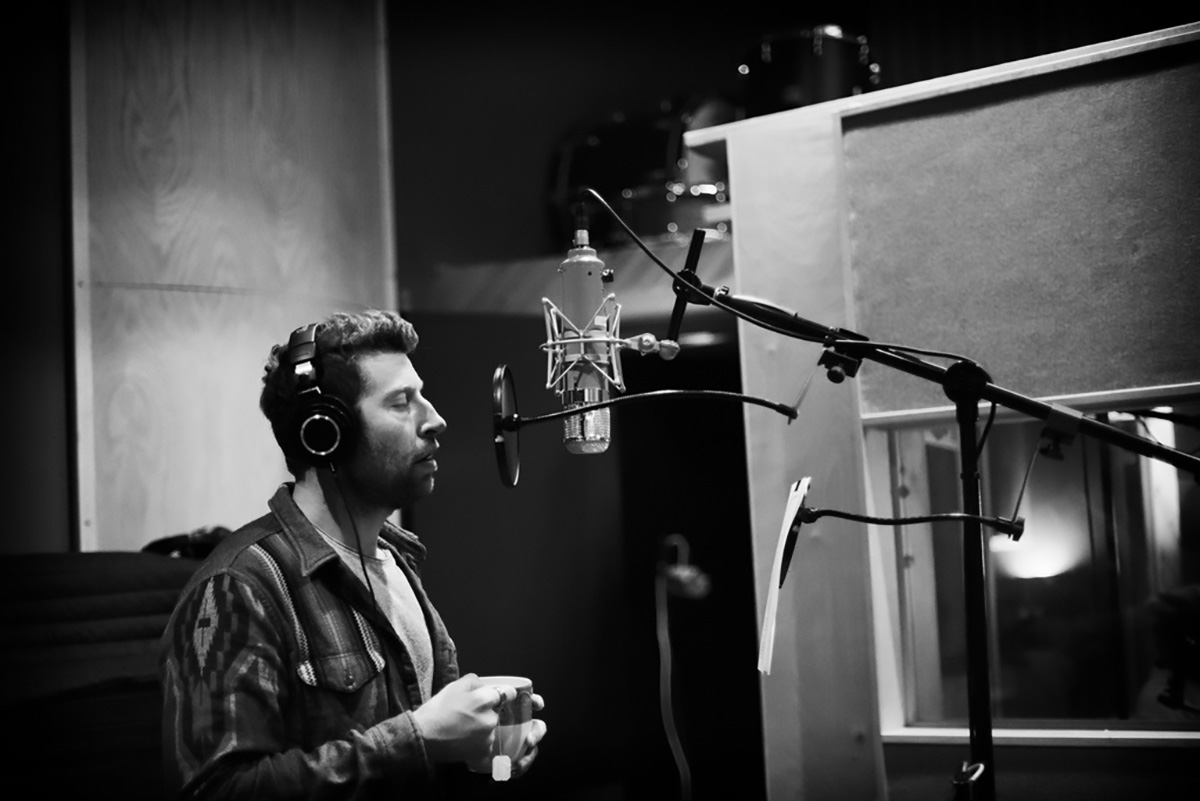Chandler Limited TG1 Compressor
by: Mike Caffrey
www.monsterisland.com
Chandler Limited TG1 Compressor Two word review: Holy shit! That's what I said after listening to the first tracks I ran through this compressor. It's also literally what the next four people who heard it said. The bad news -- it costs around $4000. The good news -- it’s worth it. Ellis Sorkin, the owner of Studio Referrals in LA, told me that his clients choose studios based on specific pieces of gear -- say a specific mic or a board. I think the TG1 is the type of device that could bring clients to your studio. This compressor makes sounds that I've often heard and always wanted to make but haven’t been able to make with any other compressor.
This compressor is based on the compressor from the EMI TG series which they first installed at Abbey Road in 1968. You'll recognize its sound from the Beatles' Abbey Road and Pink Floyd's Dark Side of the Moon. This is a compressor that can make the "Ringo cymbal sound" that people are always trying to figure out. For all the technical specs and photos (as far as aesthetics are concerned this has some of the coolest meters I've ever seen) check out the Chandler website.
The TG1 has two channels that can be linked or used independently. Each channel has the option of the Comp or Limit mode which switches between preset attack times and six preset release times that change based on which mode you're in. The release control is labeled Recovery, like a Fairchild 670. The Hold control, which is an abbreviation for threshold, functions like the input control of an 1176. Increasing this control raises the level and also the amount of gain reduction. The output control is detented and capable of 10 dB of make up gain. There are three switches. Each channel has its own in/out switch; and the third switch toggles between linked stereo and dual mono modes. There is no on/off switch on the unit since it runs on an external power supply that can run two Chandler units.
Describing what this compressor sounds like is kind of difficult. It definitely has a sound -- a tone -- that is adds which improves every source I ran through it. What's most unique is the way it grabs and releases; I guess it's the particular slope that makes its pumping and breathing movements so beautiful. When you hit it right, you get this swaying/floating sound that reminds me of the smooth movement of bubbles rising through water or the way you can see a field of wheat rippling in the wind. (I can’t believe I just wrote that, but that's really what it sounds like.) When you hit it much harder and shorten the release, it responds really aggressively, yet somehow stays really smooth around the edges.
Sonically, it adds a little brightness, without getting harsh. At low volumes the high end sounds right, but no matter how loud you monitor, it’s never painful. Initially, I preferred the Comp mode. This is such a powerful compressor it took a little while for me to really learn how to use it, and this was the easier mode. The short Recovery settings of 1 or 2 will really make drum room mics bloom. When you switch it to Limit it gets explosive, and I had trouble with that until I really slowed the release times down. The Limit mode with a recovery of 5 has been my favorite for vocals. It brings vocals so forward in the mix, it's unreal. Even a singer with mediocre mic technique should have a field day working the mic with the TG1 set this way. If you really want to push it over the top, run the mic through one channel in Limit with a fast release and then back through the other side in Comp with a smoother release, and it's surreal. I just did a session where we tracked the vocals first. While we tracked drums I had the TG1 on the room mics, and the singer decided to improvise some lyrics. The mic was still set up, but the TG1 was not available, so I used another well-respected compressor and the difference was shocking. I could not believe how much better the vocals recorded through the TG1 sounded. If I were a vocalist, I would not track with any other compressor, even if it raised my recording budget 10-20%.
If you can afford $3700 (street price) for a compressor, you should have one of these. If you can't, I'd consider saving your money for as long as it takes and bombarding Chandler with requests for a single channel version, because the TG1 takes great music and makes it better.
(TG1 $4000 MSRP, PSU-1 power supply $135; www.chandlerlimited.com)
—Mike Caffrey

